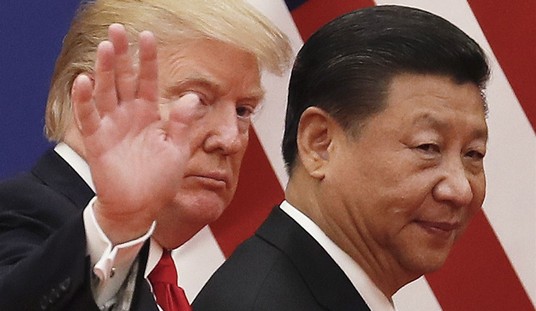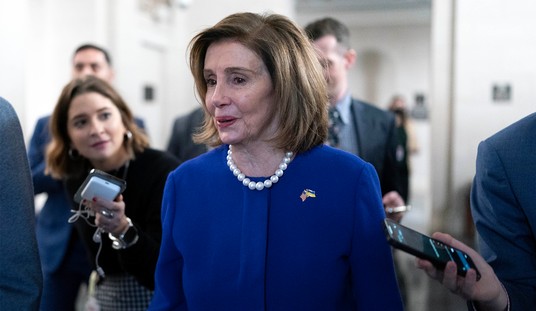With the new administration and its threats of tariff policy changes lurking, one issue already gaining attention on Capitol Hill is the regulatory structure of what is known as the de minimis provision in trade law. Given the pending Executive Branch changes as well as the merits of the arguments, efforts at so-called de minimis “reform” are both misguided on the substance and puzzling in terms of strategy.
De minimis refers to the tariff exemption for shipments from abroad of goods valued under $800. Those lower-value imports are exempt from duties, processing fees, and the legal need to use a customs broker.
The stated intention of those now targeting de minimis—to combat the shipment of fentanyl and fentanyl precursors (chemicals used in fentanyl production) from countries like China—is, as one would expect, a commendable endeavor.
Several bills have emerged in Congress, and the Biden Administration has also talked about its desire to enact changes to the policy. The legislative prospects seem to lie primarily with a bill by Senate Finance Chair Ron Wyden (D-OR), with Wyden’s and other efforts buoyed by the fact that House Speaker Mike Johnson has been signaling for months that he is quite open to legislative action on this topic.
The case for efforts like Wyden’s quickly falls apart, however. Instead of focusing on increasing and enhancing existing security measures for scrutinizing packages, Wyden and his allies blame online retailers like Temu and Shein by name for “inundating our borders” and “abusing” the law as if the shipments from those companies were not a result of willful transactions from American customers. A spokesperson for Speaker Johnson echoed the hyperbole, claiming that companies whose shipments lawfully qualify under American law are somehow “dodging tariffs.”
American customers benefit from the ability to purchase goods from abroad without excessive duties or taxes. Not only individual consumers but also many small businesses that have come to count on de minimis shipments in their supply chains. This is especially salient now in the middle of holiday shopping season.
The National Foreign Trade Council (NFTC) addressed this directly, noting that the average value of a package entering under de minimis rules, about $50, would be subject to a $31.67 processing fee as well as a brokerage fee of $20. “As a result, a $50 delivery could become a more than $100 delivery,” they write. Mercatus Center researcher Christine McDaniel calculates the total damage to American consumers and small businesses to be $47 billion annually.
Other legislative proposals are equally harmful. An Oxford Economics analysis found that separate bills by Rep. Blumenauer (HR 4148) and Rep. Murphy (HR 7979) would increase the price of affected goods by 40% and 55%, respectively, for end users.
This all drives home an inescapable economic reality: tariffs are taxes. . . on Americans.
Competitive Enterprise Institute Economist Ryan Young sums up the failures of abolishing the de minimis provision, which “will raise consumer prices at home while doing nothing to spark needed reforms in China, improve consumer safety, lower drug abuse, or alter the balance of trade in a beneficial way."
It is telling that Sen. Wyden’s bill and statements ignore that current law allows packages to be inspected for fentanyl and other drugs, counterfeits, products produced by forced labor, etc.—even packages imported via de minimis rules.
The difficulty lies with the volume of packages that qualify for the de minimis provision. Which is why a focus on updating the technological tools and processes used in inspections would be a much better starting point.
Alongside these and other substantive concerns lies the basic question: why now?
It's obvious why the Biden Administration would want to finish his term with a strong win in an area that has been one of the various challenges of the last several years, especially given that labor union bosses like Kim Glas of the National Council of Textile Organizations (NCTO) have seized on the issue to increase their own interests using her own embellishment—calling de minimis a “job destroyer.”
In this context, it is rather odd to see some Republicans expend so much effort to ram through a proposal that grants President Biden’s every wish as outlined in the White House’s September announcement pushing for de minimis changes—especially when Republicans are poised to control the House, Senate, and White house in a few short weeks.
Additionally, a strong segment of conservatives are not on board, especially with government funding and hurricane relief still pending priorities for Congress. What would be the point of Republicans pushing a de facto tax hike in a government funding bill?
Is Speaker Johnson willing to risk shutting down the government and delaying disaster relief for measures that will increase costs for American consumers? Such a path might make some sense under drastically different circumstances. But as it stands, none of the current approaches outlined in Congress stand a chance of accomplishing what their proponents claim.









Join the conversation as a VIP Member